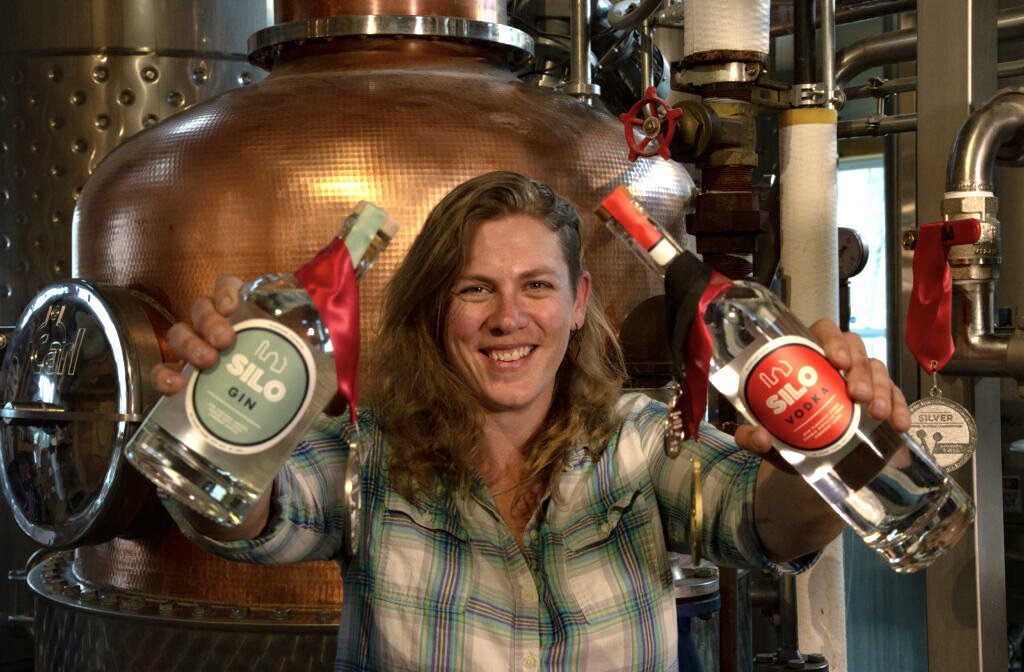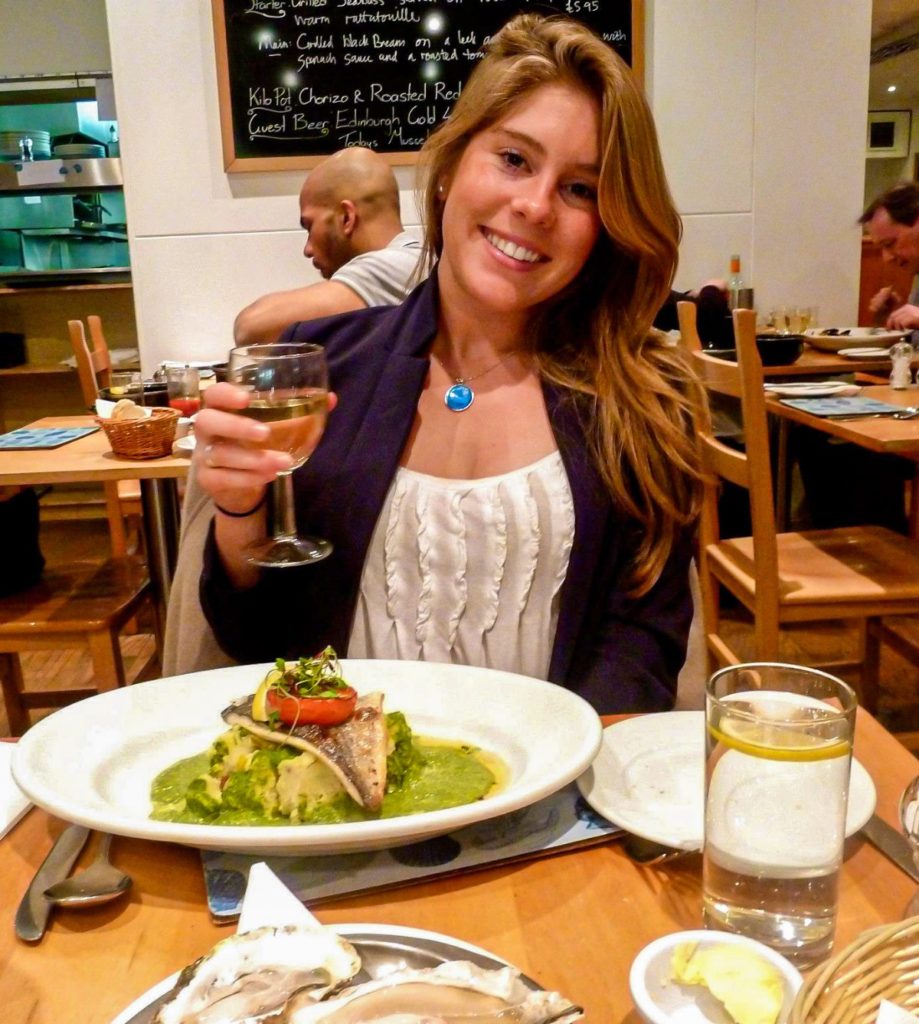
Memories are part of what inspired Ayeshah Abuelhiga to quit her corporate job (“I hated everything about it”) to found Mason Dixie, which began in 2014 as a biscuit-centric popup in Washington D.C., before landing a spot at a food hall and eventually a restaurant space.
“Biscuits are one of the most iconically American foods we have,” she said. “My parents used to own a corner store that served carry-out comfort food. I remembered how many people loved eating it. I remembered everything was made from scratch and homemade.”

Photo Courtesy of Mason Dixie Foods
The company’s expansion into frozen products was almost by happenstance, since the food stall frequently sold out of biscuits by mid-morning. Abuelhiga bought a vacuum sealer at Bed Bath & Beyond and started selling frozen biscuit dough from a portable cooler.
After being secretly scouted by a regional manager, Mason Dixie launched its frozen biscuits at Whole Foods in 2015. “We out-sold butter and milk that day,” said Abuelhiga. “We went viral throughout the Whole Foods ecosystem.”
Currently, Mason Dixie is solely a frozen foods company. The restaurant was shuttered due to the impact of the COVID-19 pandemic. However, the company’s heritage in the hospitality industry has translated well into its current iteration.
“Hospitality is at the forefront of everything we do. We treat our customers like restaurant patrons,” explained Abuelhiga. She also notes that her corporate background has been an advantage given the cutthroat, complex nature of the consumer products industry.
- Photos Courtesy of Mason Dixie Foods
In addition to biscuits, the Mason Dixie product line includes frozen scones, cinnamon rolls and sticky buns that customers can bake at home. The company recently launched microwavable breakfast sandwiches. “Instead of waiting 30 minutes, now you can have a clean-label meal in 90 seconds,” she said.
The ingredients listed on Mason Dixie’s products are refreshingly simple: flour, butter, baking powder, salt. There isn’t anything that you wouldn’t find in your own kitchen, and that’s the point.
“We’re the only manufacturer that uses fresh dairy and real butter,” said Abuelhiga. “If our premise is that comfort food is farm to table, that’s what the ingredient label should show. If you can’t buy a bottle of ‘natural flavoring’ at a store, you won’t find it in our food.”

Photo Courtesy of Mason Dixie Foods
That commitment to clean-label ingredients can be tricky, since American consumers are so accustomed to artificially intense blueberry flavoring. It was difficult to create a satisfying scone relying solely on the flavor of fresh blueberries.
“It was not an easy process, but that’s the kind of thing we do,” she said. “We don’t compromise our ingredient label for anything.”
NEXT ON THE DISH











